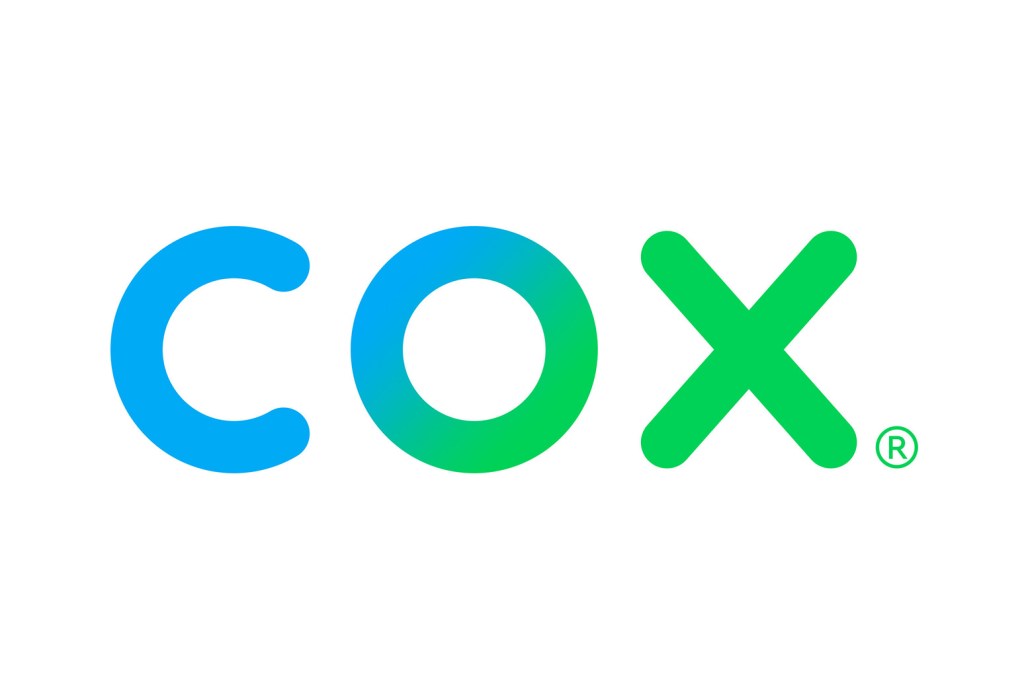A federal appeals court has overturned a massive $1 billion copyright verdict won by major record labels against Internet service provider Cox Communications, sending the case back for a new award to be calculated.
In a ruling Tuesday (February 20), the US Court of Appeals for the Fourth Circuit vacated the massive award against Cox for illegal downloading by its subscribers — one of the largest ever in a copyright lawsuit — on the grounds that part of the verdict not supported by law.
The decision sets the stage for a new trial, but Cox could still be on the hook for major damages. That's because, while the appeals court overturned the jury's decision that Cox had committed so-called copyright infringement, it confirmed that the Internet Service Provider (ISP) had yet committed a different kind of infringement.
Universal Music Group, Sony Music Entertainment and Warner Music Group sued Cox in 2018, seeking to hold the internet giant itself liable for alleged wrongdoing by its users. The companies said Cox had ignored hundreds of thousands of infringement notices and had never permanently terminated a single subscriber accused of music theft.
The case was part of a series of such lawsuits filed against ISPs across the country. Charter Communications, RCN Corp., Grande Communications and others were hit with the same allegations during the same period.
ISPs like Cox are often protected from illegal downloading lawsuits by the Digital Copyright Act, or DMCA. But the judge overseeing the cases said Cox had lost that protection by failing to terminate people who repeatedly infringed copyright law.
Stripped of that immunity, a jury found Cox liable in December 2019 for infringing 10,017 separate songs. They gave the labels more than $99,000 for each song, totaling up to $1 billion. Cox eventually appealed that verdict to the Fourth Circuit, a federal appeals court that could overturn it.
In Tuesday's ruling, the appeals court said the jury was correct in finding that Cox had willfully committed so-called contributory copyright infringement – meaning the company had induced or authorized its customers to pirate the music. But the court said the tags failed to show that Cox committed vicarious infringement, which would have required proof that the ISP benefited from the illegal download.
“The continued payment of monthly fees for Internet service, even by repeat infringers, was not an economic benefit arising directly from the copyright infringement itself,” the appeals court wrote. “Sony has found no evidence that customers were attracted to Cox's Internet service or paid higher monthly fees because of the opportunity to infringe plaintiffs' copyrights.”
Because part of the verdict was thrown out, the court ruled that a new trial would be needed to recalculate damages — this time, based only on a finding of contributory infringement.
In a statement to Advertising sign, a Cox spokesman praised the court for overturning an award that was “inconsistent with established copyright law and awards in other copyright cases,” but also criticized the decision to uphold the contributory infringement verdict: “Giving to homes and businesses the broadband service that many depend on in their daily lives should not be an infringement of copyright law. We are evaluating our further legal options to enact this principle.”



